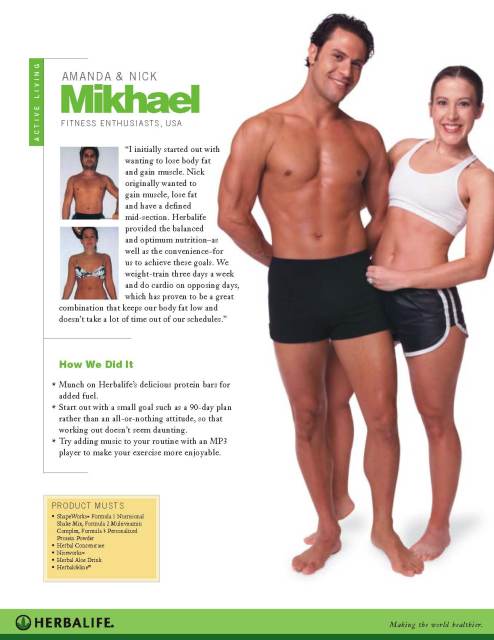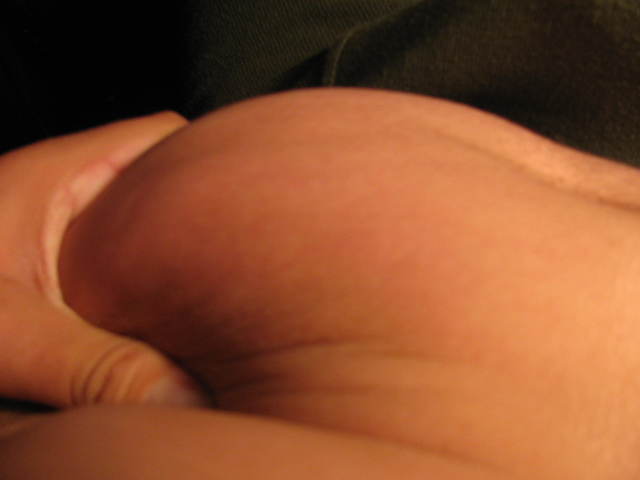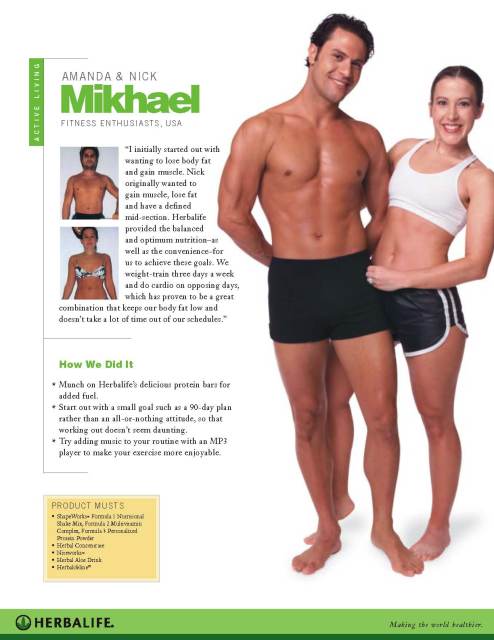Aging and energy balance
Question
There was someone trying to sell "smoothy" drinks to promote health claiming that they heard of research claiming that a 30 year old woman would need to exercise 1 hour every single day in order to remain the same weight. That seems extreme to me. I'm 30 and male, and I can't imagine anyone's metabolism slowing down that much just by age 30. Is there a chart or table that gives details of different contingencies for different people that gives a general idea of what they need to do to maintain the same weight at different ages? I know different people weigh differently amounts to begin with and there is always genetics, but I have never been able to wrap my head around how I could eat like a pig 10 years ago and gain no weight, while eating modestly and much more healthfully now and typically gain weight if I'm not careful.
Dear James,
In now classical work titled "Living Fast, Dying When? The Link between Aging and Energetics" by John R. Speakman and coauthors (1), has been discussed the "amount of living" theory linking lifespan with energy expenditure. "Machines that are run fast wear out more quickly, so the notion was born that humans and animals might experience similar fates: the faster they live (or the greater energy expenditure), the sooner they die," wrote the authors and analyzing data across the species, came to the conclusion that the greater the energy expenditure, the shorter the lifespan, with bats having the lowest energy expenditure rate among small mammals accompanied by the longest lifespan and shrew having opposite trait (highest energy expenditure and shortest lives).
However, here we can only talk about the genetic component determining lifespan. As it comes to the inside-species features, the relations between energy balance, agin, and longevity are quite different and here comes the calorie restriction theme. If you stop to think about it, the increase in physical activity with unchanged energy intake (with foods) does mean decrease in available calories. Positive influence of calorie restriction on longevity was first shown on species, which generations change fast, then on small mammals and finally, with developing specific molecular markers of aging, in humans and this is one of the reasons for the 1 hour a day exercising you've mentioned.
Another part of this equation is the fact that with aging, the energy expenditure indeed does decrease due to a very complex set of reasons, biochemical (e.g., insulin resistance, increased toxicity and inflammation in fat tissues) physiological (e.g., compromised absorption, decrease in the thermic effect of meals), psychological (increased mood swings and depression, changes in taste perception), social, etc. (2).
References
1. Am Soc Nutrit Sciences J. Nutr. 132:1583S-1597S, June 2002
2. Physiol Rev vol. 86 no. 2 651-667, April 2006
Suggested reading
Mood, memory, movement and aging
http://brainfuels.com/2010/08/aging-mood-memory-movement/
Calorie Restriction articles:
http://agelessbrain.com/category/brain-metabolism/brain-nutrition/calorie-restri...
Tanya Zilberter
- Prev:white flour
- Next:Anorexia
Related Articles
-
Blending versus chewing
QuestionHello, I have a question about the bllending of food. A f
-
Ultimate pH Balance Promo
QuestionI recently received an e-mail maintaining that many if no
-
5 yr old eating
QuestionI just ordered your program. My 5 yr old daughter LOVES t
-
Suppressed Metabolism
QuestionI am a 58 female and I weigh 165 lbs. Four years ag
-
exercise and weight
QuestionQUESTION: How does exercise figure into weight loss? I ke
-
complete protein
Questionhow can i determine how much complete protein i eat every




